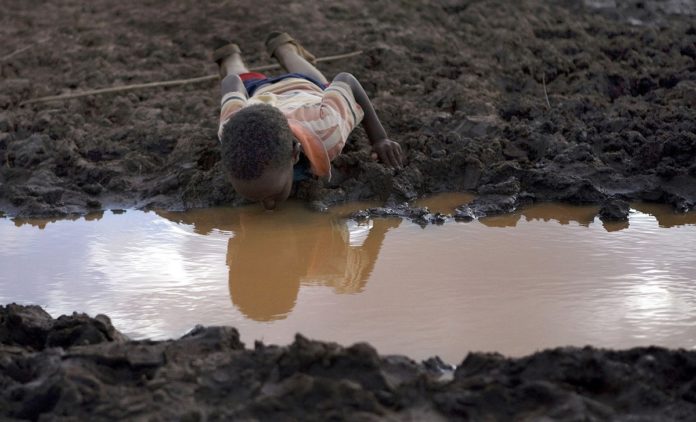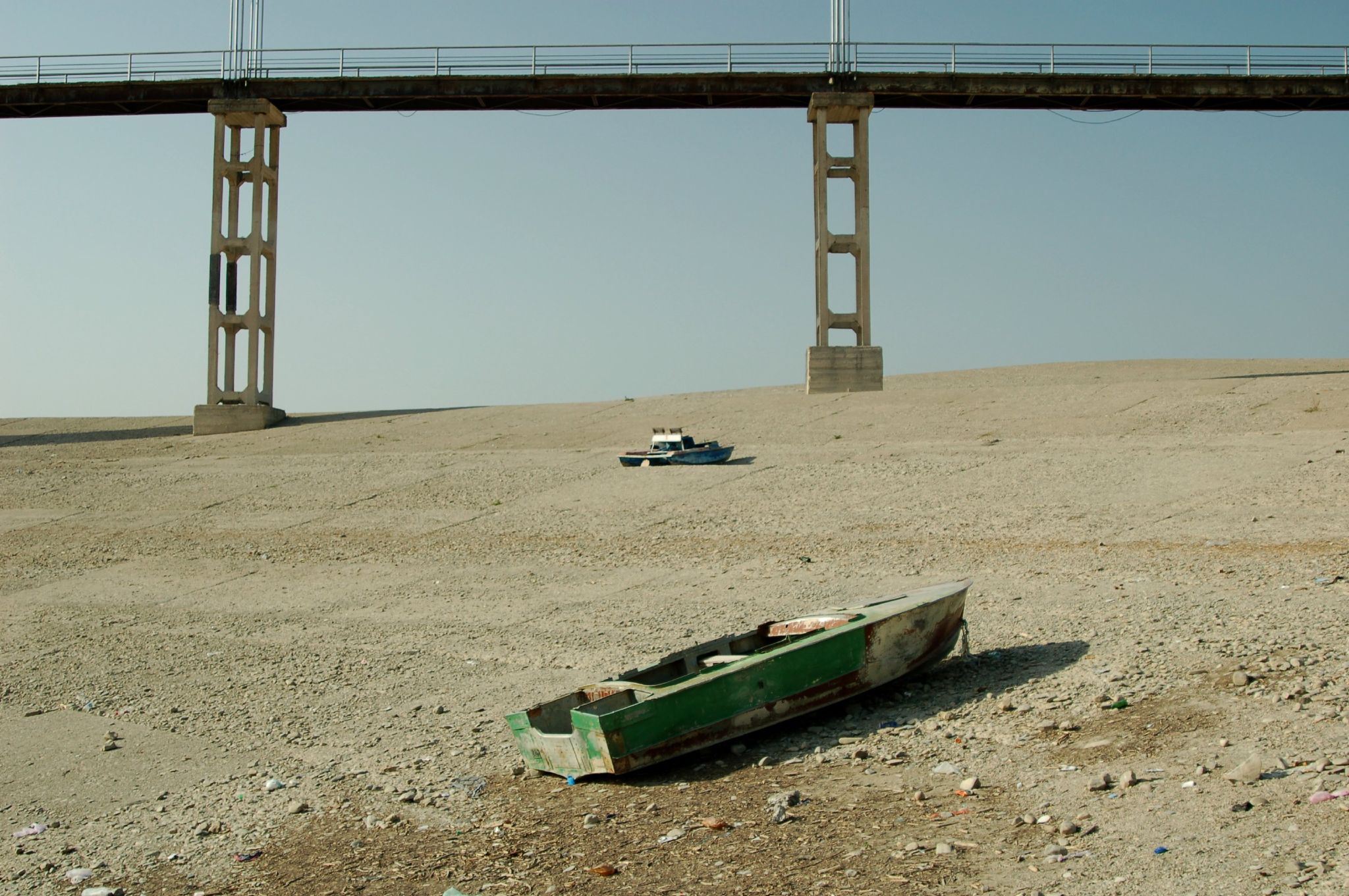
At least two-thirds of the global population—4 billion people—live under conditions of severe water scarcity at least 1 month every year, according to a new analysis published in the journal Science Advances.
These new findings have dispelled the previous estimates—1.7 billion to 3.1 billion people—and has revealed that global water shortages are far worse than previously thought.
According to the analysis, earlier annual assessments of water scarcity did not account for fluctuating supplies throughout the wet and dry seasons. As a result, previous estimates had significantly underestimated the severity of the issue.
The new study, which is the first to examine global water scarcity on a monthly basis and at a resolution of 31 miles or less, analysed data from 1996-2005 and found that regions were consuming double the amount of their available supplies.
In addition to this unnerving statistic, the new research has also revealed that half a billion people face severe water scarcity all year round. Surprisingly, central and western US, Australia and the city of London (UK) have been listed among the many western countries affected by this crisis. Those in India and China—nearly half of the study’s 4 billion estimate—are said to be the most affected populations.

Unsurprisingly, the researchers have linked their recent findings with our species’ reckless and irresponsible life choices. The steady increase in demand—population growth, improving living standards, changing consumption patterns and the increase in meat consumption—has significantly depleted our freshwater sources. As a result, the freshwater scarcity has become a threat to sustainable development of human society.
“Water scarcity will increase because of growing populations and increasing water demand per person,” said Arjen Hoekstra, lead researcher and a professor of water management at the University of Twente.
In addition, it should also be noted that rising global temperatures and longer droughts—all of which have been induced by our reckless lifestyle—are steadily depleting groundwater reserves, drying up land and are ultimately worsening the situation.

However, before you start running around you home in a panic, turning off all your water appliances, the analysis has highlighted that household water usage is not the issue here. Instead, the researchers have determined that the production of meat products is primarily responsible for our gloomy situation.
“About one-third of the world water consumption is for producing animal products. Their water footprint is larger than that of crop products with equivalent nutritional value,” Hoekstra said.
“For example, the average water footprint per calorie for beef is 20 times larger than for cereals and starchy roots,” he said. “The meat consumption per person in the world is still increasing, so the water demand grows quickly because of that.”
In January, the World Economic Forum listed water crises, climate change and mass migration as the three greatest risks of harm to people and economics in the next decade. “If you look at environmental problems, [water scarcity] is certainly the top problem,” said Hoekstra. “One place where it is very, very acute is in Yemen.”
According to reports, Yemen could run out of water in just a few years, and many other places, including Pakistan, Iran, Mexico, and Saudi Arabia are living on borrowed time.
“Putting caps to water consumption by river basin, increasing water-use efficiencies, and better sharing of the limited freshwater resources will be key in reducing the threat posed by water scarcity on biodiversity and human welfare.”
You want to support Anonymous Independent & Investigative News? Please, follow us on Twitter: Follow @AnonymousNewsHQ
This Article (New Research: 4 Billion People Are Facing Severe Water Scarcity) is free and open source. You have permission to republish this article under a Creative Commons license with attribution to the author and AnonHQ.com.





Ranging show the money and the poor are more poor. It’s enough!
make robots to deliver water and highways for those robots
don’t change weather for that purpose. hot air ballons with water.
it sounds like a key objective is also reducing meat consumption and production, isn’t it known that we eat too large amounts of meat on average? there seems to be no real need nutritionally for us to eat meat every day, smaller quantities, this goal can be pursued simultaneously with stopping the savage industrial meat producing facilities and should have great impact on health and environment
I believe our meat-eating habits have been influenced by the large food retailers/producers through advertisement and likely “scientific” publishing, we are used to eating way more meat than we need
UN and world bank should find out the root cause of severe water scarcity and poor babies,men,women die off . The corrupt governments of suffering countries are responsible. The ruling corrupt governments use to plunder wealth and neglect the prosperity of their citizens.
The civilised countries organisation should take responsibilities of development and to remove
Corruption.